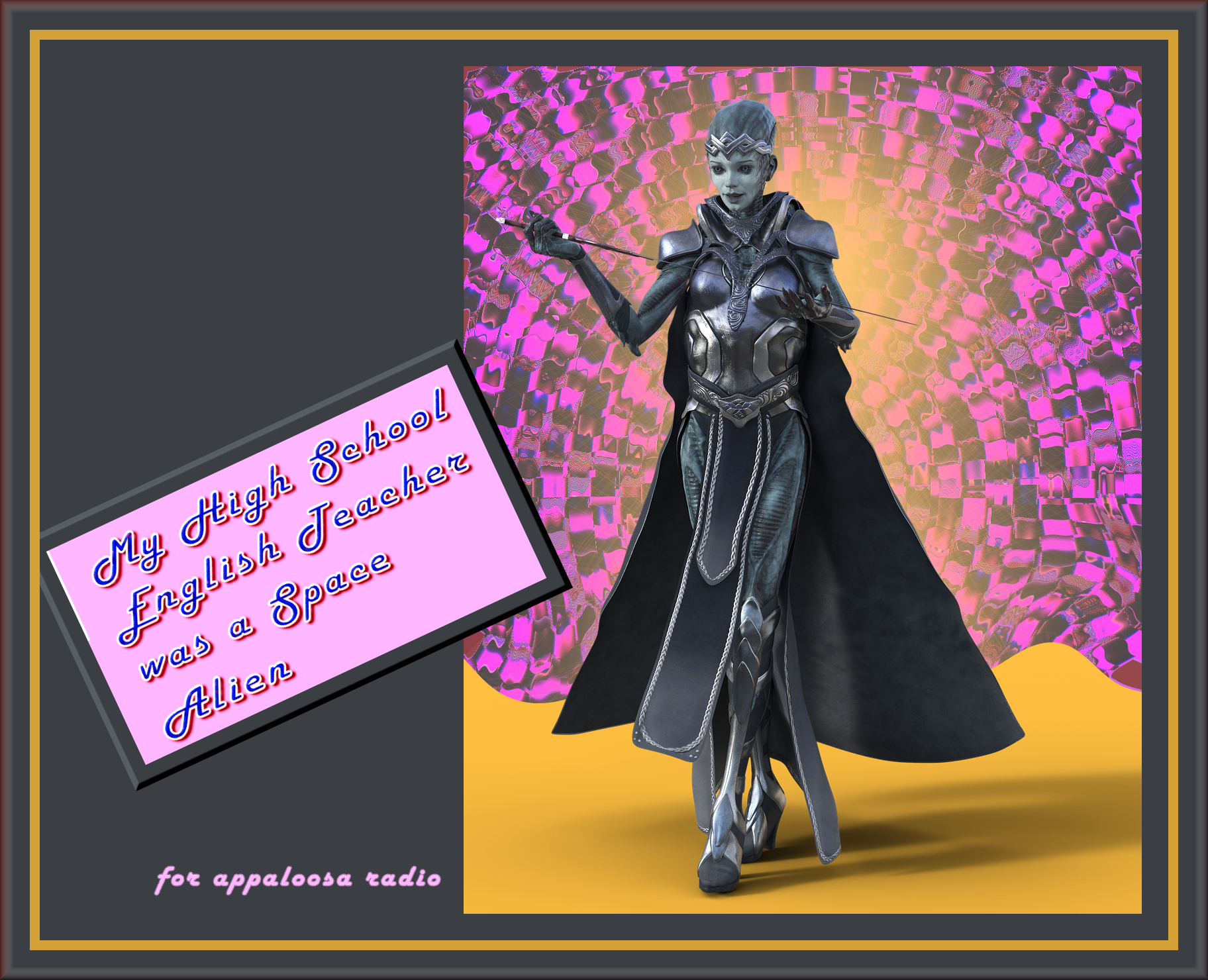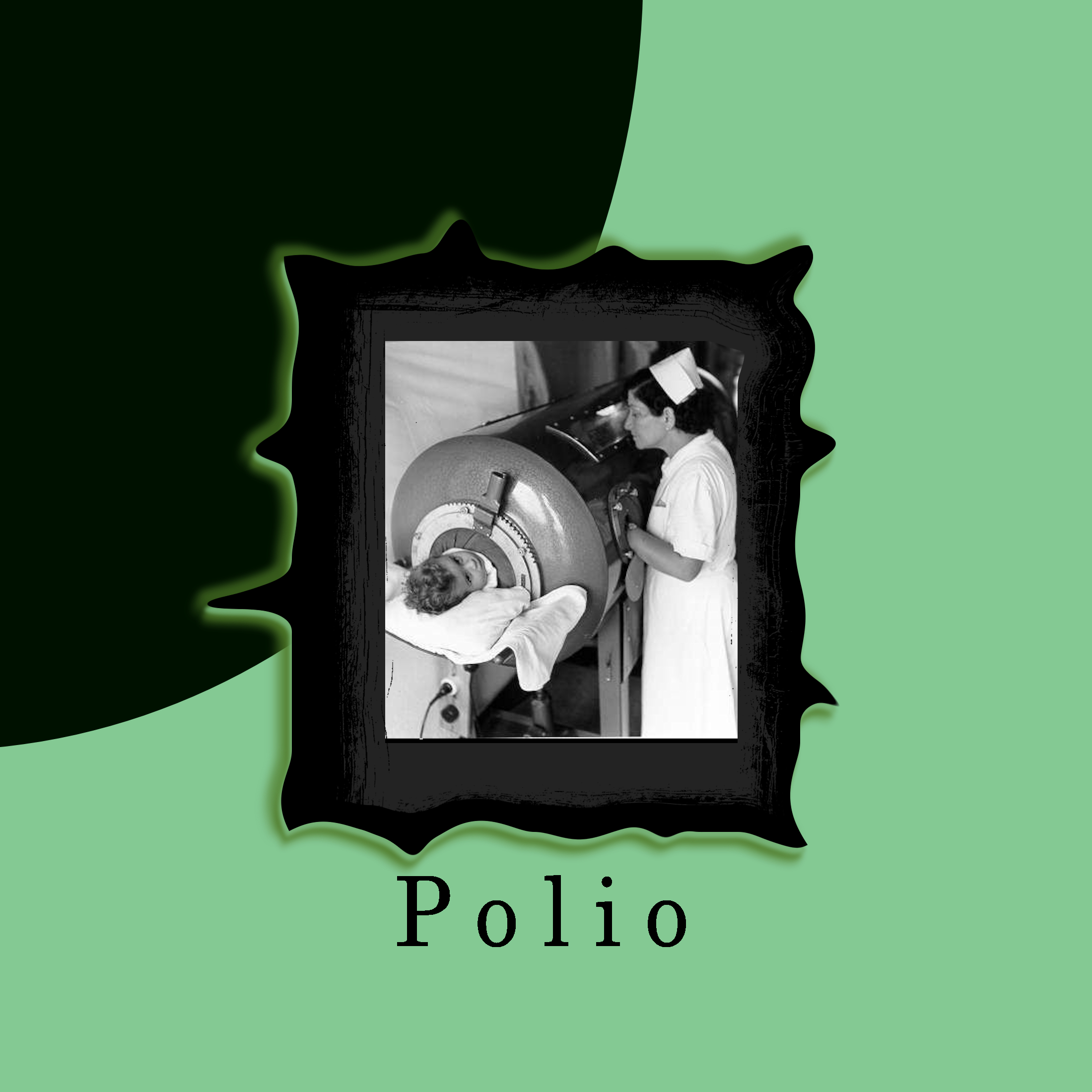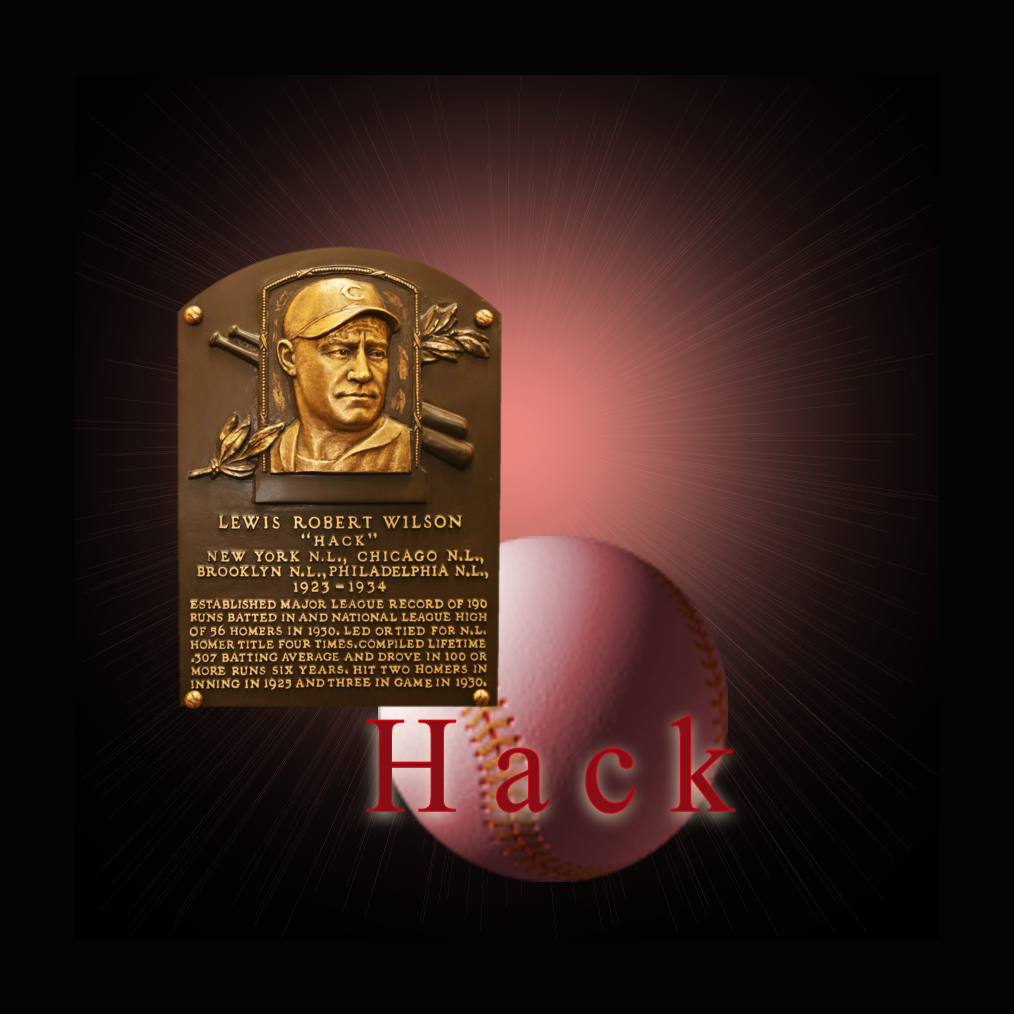Story Genre Collections

Thorough Panes of Glass is a collection of personal stories connecting times, people, and experiences.
A Woman of Substance
I was playing with some of my cousins and my younger brothers up by the big chestnut tree, the one my Pap always refused to cut down. The tree had the blight and should’ve been cut down and the stump burned. But my Pap liked that tree. He would never cut it down.
To us kids, it did not matter that it had the blight. It was ours to climb on and to hide in. We were glad that he’d never cut it down.
Anyways, I was playing with my kin up by that big tree. Then, I heard my Pap say, “Eugenia!” He said it loud with a stern voice. I knew to come runnin’ when he called me like that.
He was sitting on the porch next to a gentleman wearing his best Sunday go-to-meetin’ dark suit. The gentleman had some gray hair at the temples, and he was beginning to bald.
When I came up the steps to the porch, both of the men stood up. My Pap spoke. “Eugenia, I want you to meet Mr. Winston Harrison.”
“Please to meet you, sir.”
My Pap continued. “Mr. Harrison is an Engineer for the Missouri Pacific Railroad. He has a house up in Omega.”
His voice trailed off. I waited for him to complete his sentence.
“Eugenia, Mr. Harrison is going to be your new husband. I’ve promised him that we can make it official next week in the Parson’s House at the Presbyterian Church in Omega.”
I did not know what to say. I simply stood there. I was just thirteen years old.
One-Armed Guitar Player
The morning fog had begun to lift around the pier, and the weekend tourists were starting to leave their hotel rooms for a day at the beach.
The one-armed guitar player opened his guitar case and carefully removed his Les Paul Deluxe 3 E X model from its well-padded home. He put one foot on the small bench and then rested the instrument on his knee. Some would say that it was remarkable that he could do so much with only his left arm, but for him the routine was ordinary. He held the guitar close to his chest with his chin and then fastened the strap. Once the guitar was secure, he lowered his foot to the ground and stood erect, checking to make certain that everything was comfortable.
It was time to begin his daily show. He plugged the guitar to his battery-powered amplifier. Speaking softly to his guitar, he said, “Time, my sweet, for beautiful music.” He began a soft jazz riff matching his mood and the weather.
Technically, he was not performing on the pier. The City could fine you $75 for doing that. He was not even on City property. He had a small wooden bench in a parking stall next to the world-famous oyster restaurant. The owner welcomed him. His music brought ambience to the place, and it cost the owner nothing. AND, how many places feature a one-armed guitar player?
He played only his own original music, composed spontaneously at that very moment, as ephemeral as the fog on the pier.
However, if you were to ask him, he would deny that he had any role in creating the music. “It was,” he said, “entirely what the guitar felt. I only strum the strings. The instrument itself creates the music, the magical web of chords. Not me. I am the very junior member of this team.”
Still, it was his hand that bled from the long hours playing soft jazz in the parking stall next to the world-famous oyster restaurant. It was his face that burned from too many hours in the sun. They were his legs that ached from standing erect in the same location, standing erect in the same location until all the tourists had returned to their cozy hotel rooms.
The guitar had the easy part; his was so much more demanding.

The Ride
In June 1979, two brothers drive an electrical contractor’s work truck up to the Mojave Desert from Huntington Beach, California.
They could not be more different. Professor Tomar Hinton is an “up and coming” philosopher now teaching at an exclusive private university in North Carolina. His younger brother, James, is an electrical contractor leading a crew which is constructing huge windmills on the crest of the desert’s mountains. Tomar has returned to his parents’ home to facilitate the funeral arrangements for their father. James offers his older brother use of the contractor’s work truck, but still needs a ride up to the work site.
The trip up to the desert worksite will take three and a half hours and begins at an “ungodly” hour in the middle of the night. There is no radio in the old truck, and the brothers are forced, as a result, to talk with each other.
An intimate, yet powerful story, of communicating across vast differences.
The Zylarians were a highly intelligent and technologically advanced species from the distant planet Zylaria. They have a unique ability to manipulate energy fields, allowing them to create powerful shields and weapons. Their appearance could be characterized by shimmering, iridescent skin and glowing eyes, making them visually striking and memorable.
Unfamiliarity
Since my retirement, I spend almost every Tuesday at our local public library. It is a very comfortable, modern building that houses many things other than just books. For example, you can now check power tools out of the library, and craft supplies, and cake baking pans, and movie DVDs, and original art to hang on your wall. It has Friday night movies, Sunday afternoon music concerts, and kids’ birthday parties.
However, for me, the best is the magazine reading room. To be sure, most magazines are readily available online Yet, I still like going to the library and reading the printed versions of the news magazines in person.
About three months ago, I saw an article in Time magazine that has stayed with me. It was an article about Detroit, more specifically about the cement block wall built in the early 1940s to divide the east and the west sections of the city. That’s correct. A cement block wall erected to divide the city. The wall was funded by some of the city’s largest real estate developers. It was designed to separate the city into a “black half” and a “white half.”
Researchers have studied the impacts of the Detroit wall and have concluded that its impacts were enormous.
Initially, house prices were similar on both sides of the wall, but after twenty years, the houses on the “white” side were worth two or three times those on the “black” side. The “black” side had streets with larger potholes, and the city crews that removed the snow from the streets did the “white” side weeks before the “black side.” The “white” side had more stores, better schools, less unemployment, and significantly lower crime. Far more “white” students went to college. The “white” side had more (and higher quality) hospitals. The “white” side had more parks, more theaters, and more churches. Life expectancy was lower on the “black” side.
On over 200 dimensions, the “white” side of the wall was significantly higher (more positive) than the “black” side.
As I said, the study of the impacts of the Detroit wall remained with me for weeks. Then, I realized that my cousins (although neither African American nor Hispanic) lived on one side of a comparable “wall” and my brothers and I lived on another.
Lilly
From the Panes of Glass Collection
There had been no food in the house for a week. No rice. No fish. No vegetables. The chickens had been killed last season. Even the chickens’ coarse feed was long gone.
Yesterday, Mother found some garbage scraps. Rancid. Smelly. Covered in creatures. She boiled it to make a soup. But not enough charcoal for the fire to heat it. Mother asked the children to eat it. They tried, but soon became sick.
Father had been a relatively wealthy man. In his business, he bought saddles and bridles from the Portuguese traders and re-sold them to the Chinese. His was a well-known business. Many customers came from far away to buy his leather goods. Finely tooled with excellent designs. A quality product for any many who rode a horse.
But Father no longer had money. His business was closed. He had been a man of distinction. A man who made his family proud. No. He was a failure, one who could not feed even his own family.
It was not opium that did him in. No. He never touched the foul weed. He told his children that it was a tool of the demons. A way of draining one’s energy, strength, and character.
His undoing came, rather, from the “numbers room” next to the local opium den. It was, in fact, owned by the same conniving individual. The “numbers room” had a large wooden board with many numbers written on it. Each time a number was drawn, it would be covered by a colored token. Patrons bought strips of paper with numbers printed on it. If the numbers on your paper matched the ones covered by a colored token, you would win.
For years and years and years, Father would visit the “numbers room” and would be blessed with the special gift of luck. He seemed to have fortune in his sleeve. He would win almost every time. Then, one day, the dark forces conspired again. His good fortune turned to bad.
He returned to the “numbers room” the next day, but his misfortune continued. Then, the next day and the next and the next. Then, he had no money. He sold things, but luck never blessed him again.
Finally, he had to leave his lovely home and move to a hovel. He had no pride. He had no business. He had no money. He had no luck. He had no food.
Li Li was the youngest daughter and her father’s favorite. She was small. Yes. But very smart.
Father had nothing else to sell. His two older daughters were already betrothed. One would never sell sons, so Father could not sell his one son. That left only Li Li.
Thus, at age nine, Li Li was sold into slavery.
In Josie’s Bible
Glued inside a grandmother’s Bible is a newspaper clipping with a poem on it. The investigation leads to the discovery of the poetry of James J. Metcalfe, whose popularity in the 1950s exceeded newspaper stalwarts like advice columnist Ann Landers.
Special Monkey Magic
Featuring Jiminy, the Organ Grinder’s Monkey and the Carousel Cartoon Company of Chicago
In October 1934, during the very worst of the Great Depression, Jiminy, the ever-inquisitive, always impulsive, and incredibly funny Organ Grinder’s monkey died.
He died because the company that his three creators had founded to give Jiminy fun things to get into had failed. The Carousel Cartoon Company of Chicago was no more.
To say that a cartoon character died may not be accurate. To die means that you once were alive. Some would argue that Jiminy was just some India ink lines on a sheet of transparent celluloid. He did not have blood or lungs or a heart. He only did what his animators made him do. He had no will of his own. Alec, Hugh, and Charles would strongly disagree. Jiminy may have not had a heart or lungs or blood, but Jiminy most definitely had a will of his own. He had strong opinions, strong preferences, and equally intense dislikes.
Jiminy was easy to draw. Once a gag had been created, it was easy to place him into it. All of his creators reported that Jiminy “practically drew himself.” In twenty or thirty minutes, they would have a couple hundred cels, three or four seconds of hand-drawn animation. Amazing speed!
On the other hand, drawing the organ grinder man was always tedious. He often had to be done multiple times to avoid making him look too mean. They tried him with his handlebar moustache and without it. They gave him curly hair, then no hair. They made him plump and then skinny. Stood him with one leg forward, then erect. They tried to make him dance, but he would not do it.
The gag that worked the best was the one where jiminy is first the monkey with a cup in his hand collecting coins from the bystanders, then POOF! He becomes the organ grinder, and the man becomes the one forlornly collecting coins in a cup.
The gag worked so well they decided to make it a feature in every Jiminy cartoon. Sometimes, they did it more than once, giving Jiminy different expressions each time. The audiences loved the gag. It was a fan favorite.
Of course, the Jiminy cartoons had other gags. Jiminy would sneak into a very posh, up-scale department store and then bounce around putting on the wigs from the various mannequins, eventually having six or seven on his head. He went to a doctor’s office and then chased the nurses around, holding a gigantic syringe. He rode horses in the Kentucky Derby, winning the race while hiding under the saddle.
He was so easy to draw! He made every gag funny. Comedy was easy for him.
That Jiminy was so easy to draw confirmed what Alec often claimed. He denied that the animators had created him. No! He would say that the artist brought the character to life, like a midwife brings a baby from its mother into life. He argued that jiminy had his own anima, which in Latin meant soul or essence of being. The artist gives the ink lines an anima, their essence of being. But, the artist did not create the character. Jiminy was always there, just waiting for his anima.
Original Genius of Pure Brilliance
New York, 2017
International Association for Mathematics conference
“Ladies and gentlemen. The International Association for Mathematics announces its Lifetime Achievement Award to a gifted mathematician whose work has revolutionized nearly every branch of contemporary mathematics. When I say “W. H. N. Goldman” you know I speak of virtuosity, of original thought, of insightful breakthrough logic. When I say “W. H. N. Goldman” you know I speak of one of the modern pioneers of our discipline, a thinker without whom we would not be able to do contemporary mathematics. When I say “W. H. N. Goldman” you know I speak of an individual of extraordinary brilliance. A mind of unlimited capacity. A master mathematician.
We are pleased this evening that Dr. Goldman is joining us for a talk.”
A tall woman wearing a pure white sarong and with extremely long gray hair trailing below her waist comes to the platform and accepts the microphone from the host. Her voice is both confident and clear.
“Good evening. I am Helen Goldman. I know that none of you have ever met me. I have lived for the past 47 years in my desert cocoon, entirely avoiding all human contact. I am here tonight to share my story. After that, I’ll return to my place of shelter and solitude. To my desert. To my simplicity, my frugality. To doing mathematics.
First, you should all know that I am a deception. It is through my deceptions that I maintain my solitude, through them, the privacy I need for my work. I am Helen Goldman. There is no “W” there is no “N” in my name. I had to create a false identity to do mathematics.
I am Doctor Goldman, but my doctorate is in Clinical Psychology. For 16 years, I practiced Clinical Psychology in Beverly Hills, California. I had an office on the 12th Floor of an exclusive building on Wilshire Boulevard. My clients were often celebrities in the movie and television industry.
I was known for my empathy, for my caring, for my understanding of people. I was extremely good at what I did. I was well paid. Professionally recognized.
My husband, Nathan, from whom I stole the “N” in my deceptive name was the West Coast Vice President for a dominant advertising company. It was his business to create television commercials. He was particularly good at it. He was also well paid, exponentially better paid than I was.
We had a home in West LA, between Sunset and Santa Monica Boulevard. It was a lovely Spanish-style home with its own theater and pools. Yes. Pools. It had three, one for diving, one for swimming laps, and (my favorite) one for soaking in hot salt water.
I was also the mother to three incredible sons. In 1967, one of my sons was at Yale, one was at Stanford, and the youngest had been accepted to the United States Air Force Academy.
In August 1967, I was invited to a party at the home of some of my professional colleagues, fellow Psychologists. My husband Nathan was not along. To be truthful, our marriage was experiencing an extended crises. We were heading toward a breakup. So, it was not unusual to attend a party without him.
At that party, I was offered LSD, Lysergic Acid Diethylamide. I took it and then wandered into a music room. Playing on the stereo was one of Wagner’s operas.
Ladies and gentlemen, I had never had a more passionate, a more pleasurable, a more satisfying experience than listening to Wagnerian operas while on LSD.
Later, at my own home, I recreated the experience. Again, the experience was intense, personal, compelling. Using LSD as my stimulus, I listened to the entire Ring cycle. Days and days of pure musical force. Compelling. Demanding. Overwhelming.
I decided that summer I would quit my clinical practice and devote my life to the esthetics of music.
I applied to do graduate study in Philosophy at a regional university. I was disappointed in the courses on Ancient Philosophy, Metaphysics, and Ethics. I was ready to drop out of the program, when my advisor demanded that I take a course in Symbolic Logic.
As I shared earlier, my strengths lay in empathy, caring, and understanding people. I had started a course in Calculus while at Vassar but dropped out during the third week. Mathematics was not my forte.
Still, I was required to complete the requirement in Symbolic Logic. So, I took a tab of LSD and went to class.
Rubber Stamps
By Jody Carnes-Hart
I have recently retired from my position as the Chief Technology Officer for a large, California State agency. It was my job to move an organization with 4,000 permanent employees from taking its phone messages on pink “while you were out” pads (if you remember those) to an integrated and tightly networked state-of-the-art voice-data-web-video assemblage of information systems. I saw a lot of technological change in my 32 years of professional service.
In my retirement, I have had time to muse about the philosophy of technology. However, I am not interested in ruminating on potential technological changes in some future world. This will not be a work of science fiction. (Sorry Isaac Asimov and Gene Roddenberry fans!) Rather, it will be about a more mundane set of technologies, a set that impacted me very directly. It was a group of technologies that shaped my mother’s life.
Polio
from the Panes of Glass Collection
Jim Mounts-Miller tells his personal story as one of the very last patients with the once devastating Bulbospinal Poliomyelitis disease.
Bulbospinal Poliomyelitis attacks both the brainstem, affecting breathing and swallowing, and the spinal chord, affecting both arms and legs.
Jim entered the hospital with Polio just three months before the release of the Salk Polio vaccines.
Hack Wilson
A fictionalized docu-drama
In 1930, the Chicago Cubs’ centerfielder, Hack Wilson had what has been described as the greatest season ever for a National League baseball player.
He led the League with a 356 average, hit 56 home runs, and produced 191 R.B.I.s. He scored 146 runs and drew 105 walks.
In his career with the Cubs, he made over 400 putouts, and he had a throwing arm that rocketed the ball directly from the outfield to Homeplate without a single bounce.
He was often called a right-handed Babe Ruth. Like the Babe, Hack led the league in both homeruns and in strikeouts.
For one season, Hack Wilson was actually paid more than Babe Ruth.
By his appearance, Hack Wilson should never have been a professional baseball player, much less the one player who was paid more than Babe Ruth. He was slightly less than five feet five inches tall and had short (really short) legs and tiny feet. In contrast to his short legs and tiny feet, he had a massive head, probably one and a half times the size of most men. His hats had to be custom made for him.
Some called him a freak.
His fellow players, however, called him “Hack” because his massive arms and chest were the same size as the arms and chest of the world’s strongest man, the very popular professional wrestler, Georg Karl Julius Hackenschmidt, who wrestled under the nickname, the Russian Lion.
The Russian Lion and “Hack” the baseball player had very similar physiques, if you only looked at them from the waist up.
Hack Wilson was a man with a hot temper, climbing into the stands to fight offending fans, and charging into the clubhouses of opposing teams.
He was also a man with an enormous appetite for alcohol. One teammate told the press that he had never seen Hack Wilson completely sober. He would take a taxi immediately after a game to a favorite speakeasy and spend the entire night at the club, and then, in the morning, take another taxi back to the stadium, ready to play a game on no sleep.
In 1930, Hack Wilson was paid more than Babe Ruth. In 1934, he was sacked two months into the season by the Philadelphia Phillies. His contract was picked up mid-season by the Brooklyn Dodgers, but he was released in August of that year, ending his career.
After baseball, he purchased a pool hall but lacked the business acumen to make it profitable. Needing additional funding to keep the business operating, he brought in a pair of partners. However, within a year, he sold his share of the business to them. Hack Wilson fell into a dissolute lifestyle, working irregularly as a bar tender and as a truck driver. When World War Two began, he took a job in a defense factory in Baltimore but had to quit after a year because of his poor health.
Martin
Appaloosa Radio is pleased to present — Martin, A Work of Philosophical Fiction.
This fictionalized love story is based, in large part, on the romantic relationship between the political theorist and devoted Zionist Hannah Arendt and her university professor, the noted German philosopher (and avowed Nazi) Martin Heidegger.
Arendt’s The Origins of Totalitarianism remains a major work of Twentieth Century political thought.
Heidegger’s seminal work, Being and Time, is often credited as the origin for modern existentialism.
Arendt met Heidegger when she was seventeen and he was thirty-five.












